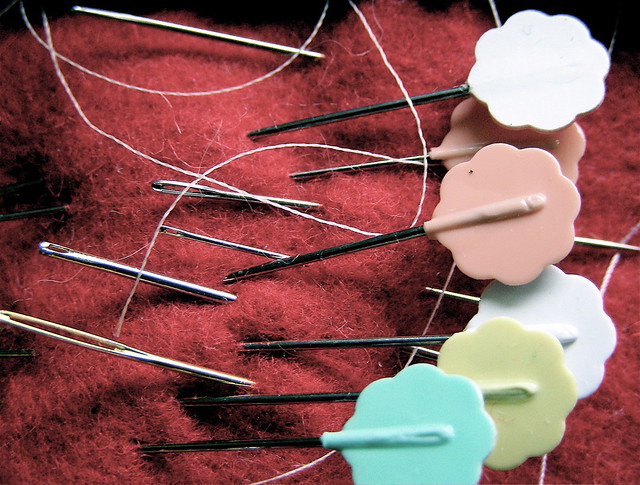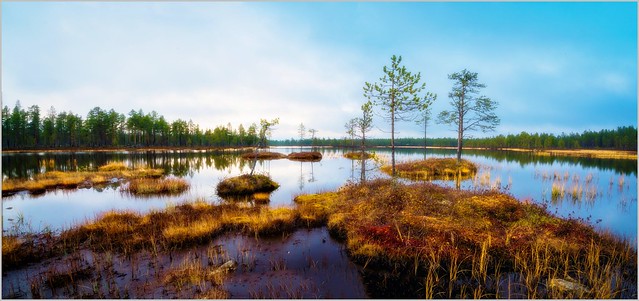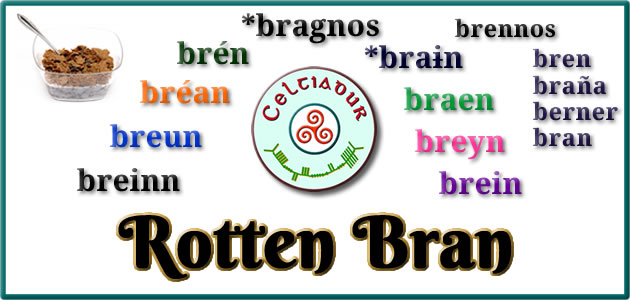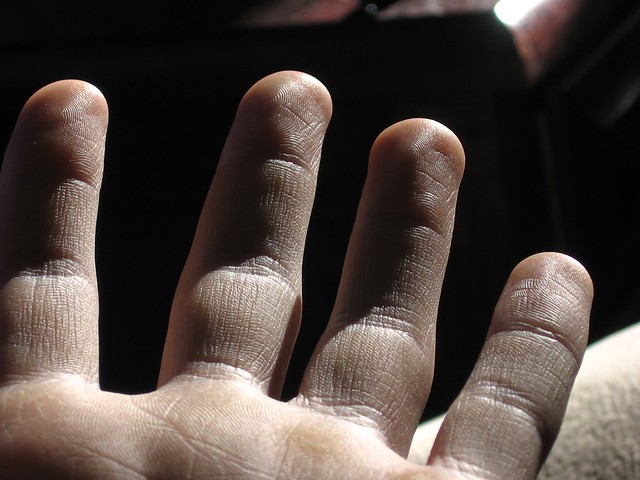Podcast: Play in new window | Download
In this episode we discover Romance scythes in a stack of Celtic pins and needles.
The Proto-Celtic word *delgos means pin or needle. It comes from Proto-Indo-European *dʰelg- (sting) [source].
Related words in the modern Celtic languages include:
- dealg [ˈdʲal̪ˠəɡ] = thorn, prickle, spine, spike, pin, peg or brooch in Irish
- dealg [dʲal̪ˠag] = pin, skewer or knitting needle in Scottish Gaelic
- jialg = needle, prick, quill, thorn or pin in Manx
- dala [ˈdala] = sting or bite in Welsh
Words from the same Proto-Celtic roots, via Gaulish *dalgis (scythe) and Latin *daculum (scythe) , possibly include dall (mowing, billhook) in Catalan, dalle (scythe) in Spanish, and dalha (scythe) in Occitan (Languedoc) [source].
The English word dagger, and related words in other languages, such as daga (dagger) in Spanish, and Degen (rapier, épée) in German, might come from the same Celtic roots [source].
Words from the same PIE root include dálkur (spine of a fish, knife, dagger, newspaper column) in Icelandic, dilgus (prickly) in Lithuanian, falce (scythe, sickle) in Italian, and falcate (shaped like a sickle) and falcifer (sickle-bearing, holding a scythe) in English [source].
More about words for Pins and Needles in Celtic languages.
You can find more connections between Celtic languages on the Celtiadur blog. I also write about words, etymology and other language-related topics on the Omniglot Blog.
Radio Omniglot podcasts are brought to you in association with Blubrry Podcast Hosting, a great place to host your podcasts. Get your first month free with the promo code omniglot.














